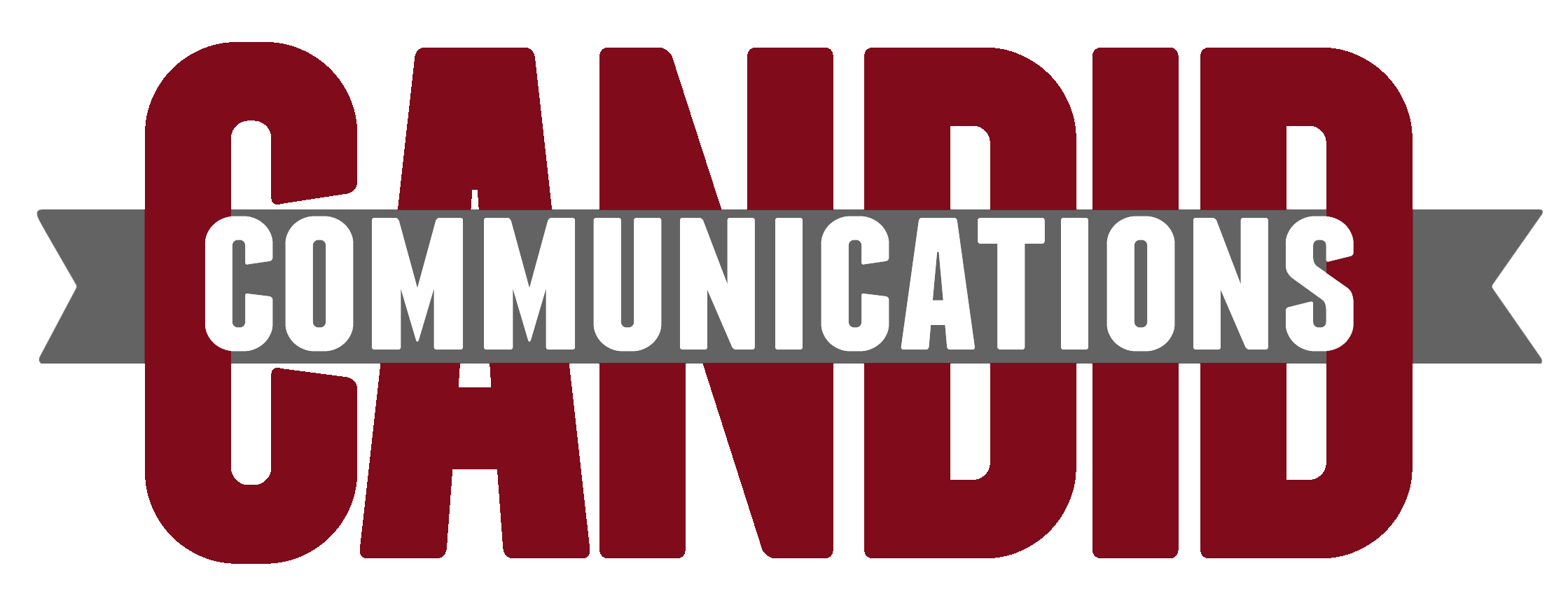Imagine a sandwich. The soft, golden top bun represents your opening gesture, a sincere compliment that sets a positive tone. The juicy meat inside is the core, the constructive feedback delivering the necessary truths. And the satisfying bottom bun? Another kind word or encouragement to reinforce confidence and close the conversation on a high note. It’s simple, structured, and utterly effective. This is what I call the Sandwich Approach to coaching employees, and it’s more powerful than you might think. (I know there’s a fancier name, but I like the metaphor.)

Why does it work? I’ve found that humans are deeply wired to respond to acknowledgment and encouragement. Lead with a compliment, and you disarm defensiveness. Follow with constructive insights, and you inspire growth instead of resentment. Close with encouragement, and you leave people motivated to act. The result? A transformative conversation that fosters trust, promotes problem-solving, and cultivates stronger relationships.
Fostering Receptivity with Encouragement
Handing out compliments isn’t just nice; it’s strategic. The top bun isn’t fluff; it’s the opening move that establishes psychological safety. When an employee hears their effort or skill recognized, they feel seen. They relax. Their mind opens.
Consider this scenario. An underperforming team member is chronically late with reports. Walk into that conversation with, “Your analytical skills are excellent; your last report was particularly insightful,” and now they’re listening. Their confidence hasn’t been shattered by criticism upfront, and they’re primed for feedback that follows.
Then comes the meat. Address the issue directly. “However, when these are late, they’re causing issues for the team. It’s delaying them. We need you to turn these in by the agreed deadlines.” Clear, firm, and actionable. It’s an unvarnished truth delivered in a way that emphasizes their capability to improve.
Finally, the bottom bun seals the deal. “I know you value collaboration, and I trust you’ll take this seriously. I’m confident you have the skills to adjust moving forward.” Notice the shift. Instead of leaving the conversation weighed down, the employee walks away hopeful, knowing their strengths haven’t been dismissed.
Building Trust and Encouraging Growth
Beyond the professional setting, this approach works wonders in personal conflicts. I have a large family and have tons of experiences talking through conflicts. But imagine a disagreement with a friend over canceled plans. Instead of leading with, “Why are you so unreliable?”, start with, “You’re such a great friend, and I value the time we spend together.” That’s the top bun. It makes them more open to hearing, “When you cancel at the last minute, it leaves me scrambling and feeling, well…undervalued.” That’s your meat. End with softness. “I know you wouldn’t want to hurt our connection, and I appreciate you making time for me when things are hectic.” Now you’ve addressed the problem without damaging the relationship. That’s influence, not argument, at work.
Promoting Positive Communication Across Teams
The Sandwich Approach isn’t just for one-on-one corrections. For team feedback, it’s a culture-builder. Think about quarterly reviews. Start with your team’s achievements. “This quarter, we hit record engagement numbers. Your dedication to this project really showed.” Then introduce the challenges. “However, productivity took a hit during the final phases, and that bottleneck stalled delivery.” Close by amplifying their potential. “These are fixable issues, and I’m excited to see how we’ll adapt next quarter. This team’s capability to problem-solve is unmatched.”
Notice the nuance here. The focus doesn’t linger solely on what went wrong, nor does it sugarcoat reality. It inspires improvement while honoring their effort. And it takes just minutes to put together a message that could shape morale for weeks.
Professional and Personal Benefits
Why limit the Sandwich Approach to feedback? Its principles apply broadly. Handle client disputes by starting with appreciation, addressing concerns, and closing with re-commitment to satisfaction. Mending a misunderstanding with family? Acknowledge their perspective before addressing the conflict, then end with affection. The approach bridges divides in ways blunt confrontation rarely can.
Does this mean sugarcoating unpleasant truths? Not at all. Praise needs to be authentic, and critique must be specific. Simply sandwiching criticism between false compliments cheapens the interaction. The success lies in sincerity. Without it, the Sandwich falls apart.
The Sandwich Approach might seem basic, but it’s anything but simplistic. It’s a precision tool that strengthens relationships, transforms communication, and sets the foundation for mutual respect. Each layer has a purpose, creating a dynamic where truth, in fact, doesn’t feel like an attack and feedback becomes a gift.
#ConstructiveConversations #FeedbackThatBuilds #LeadWithKindness #TheSandwichApproach






